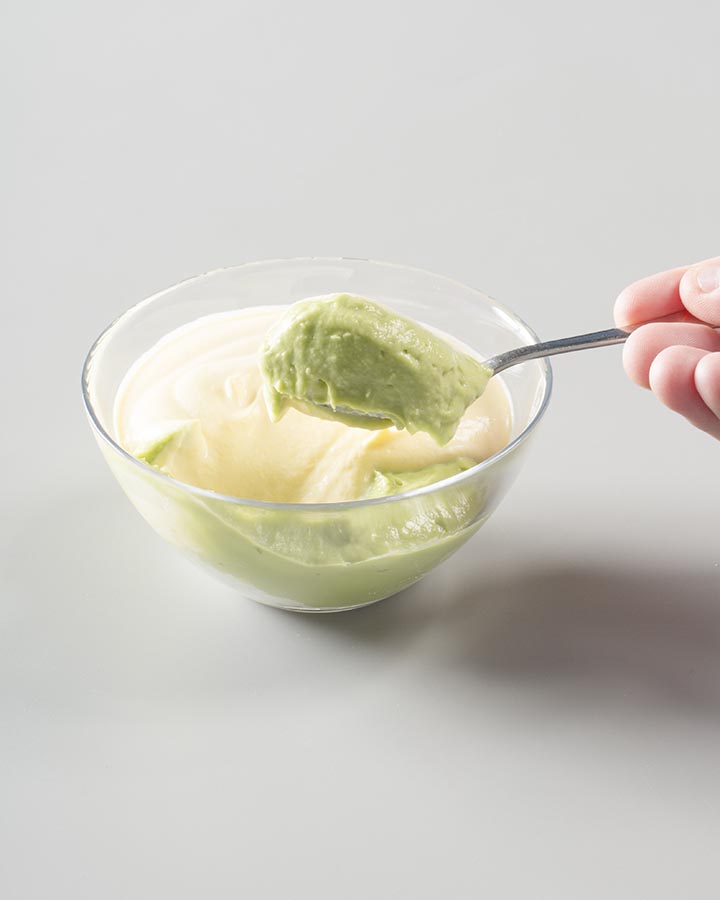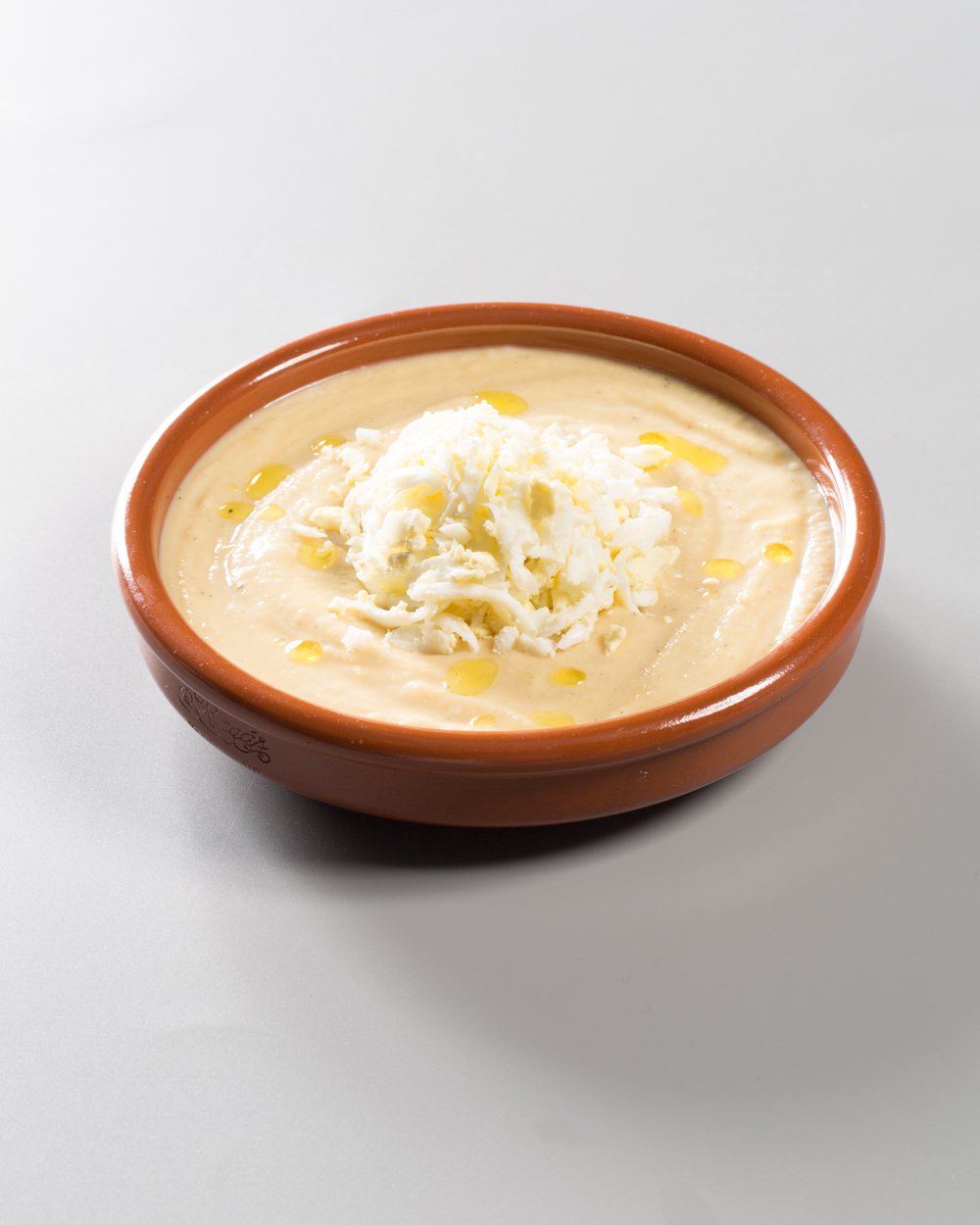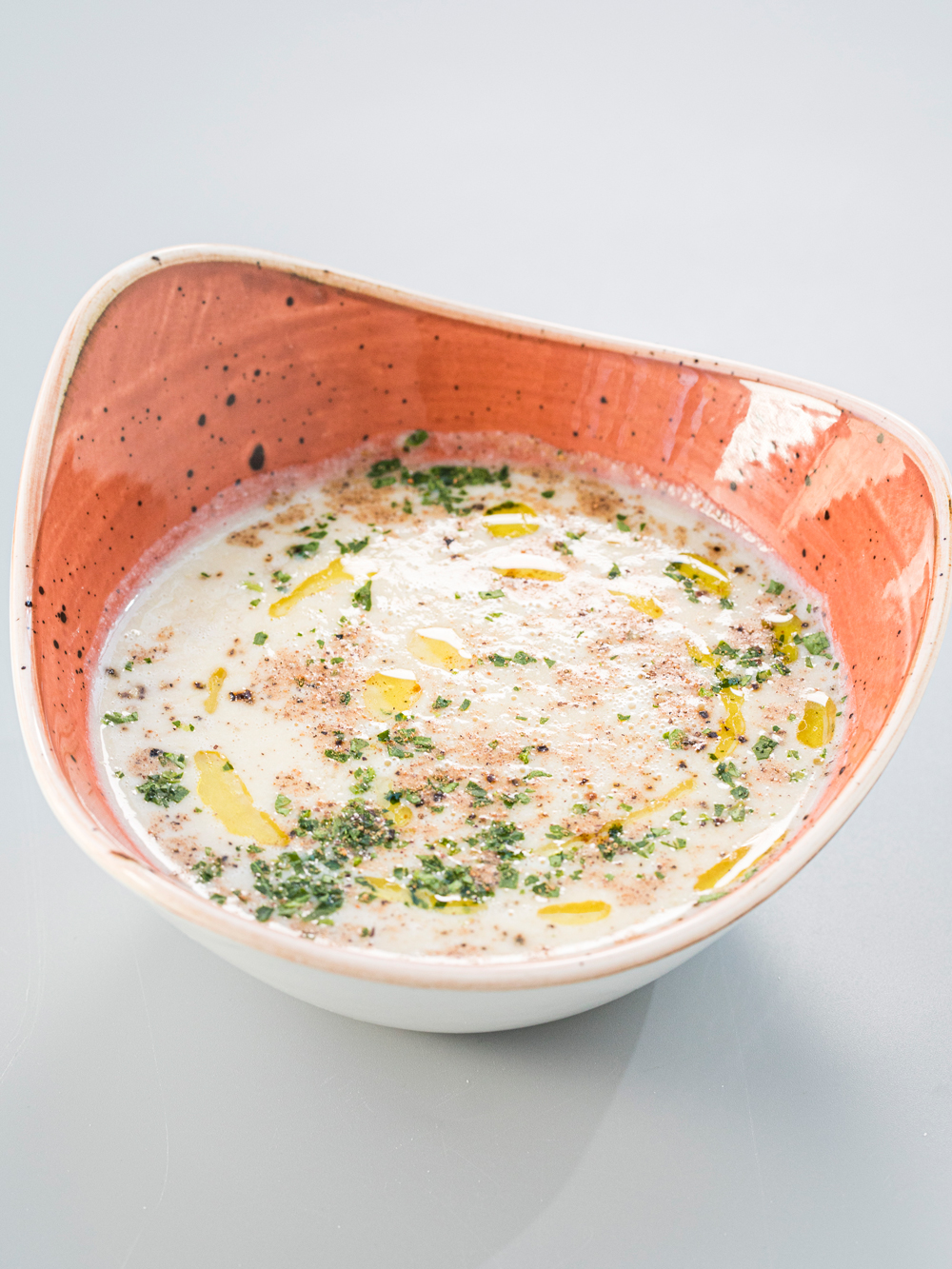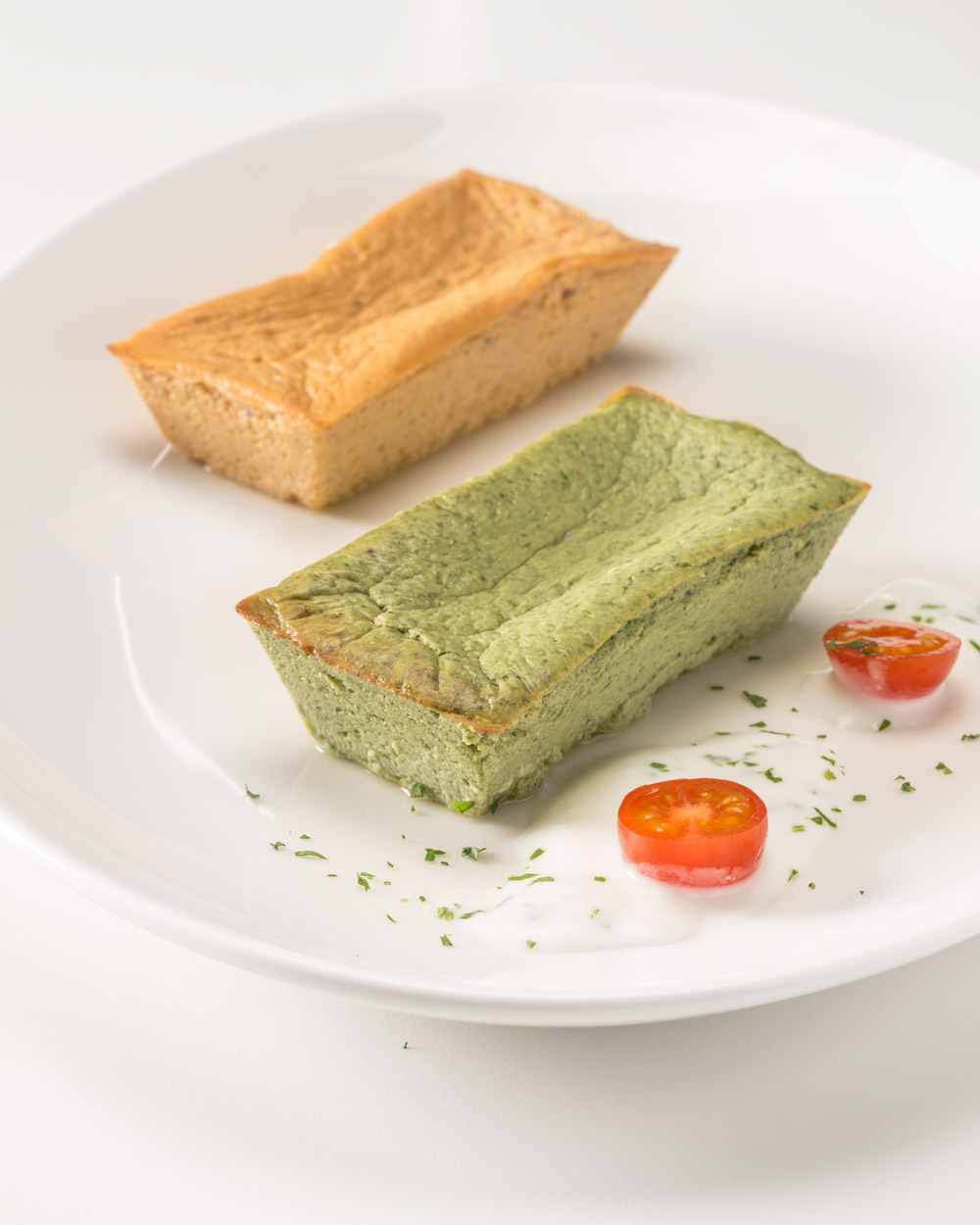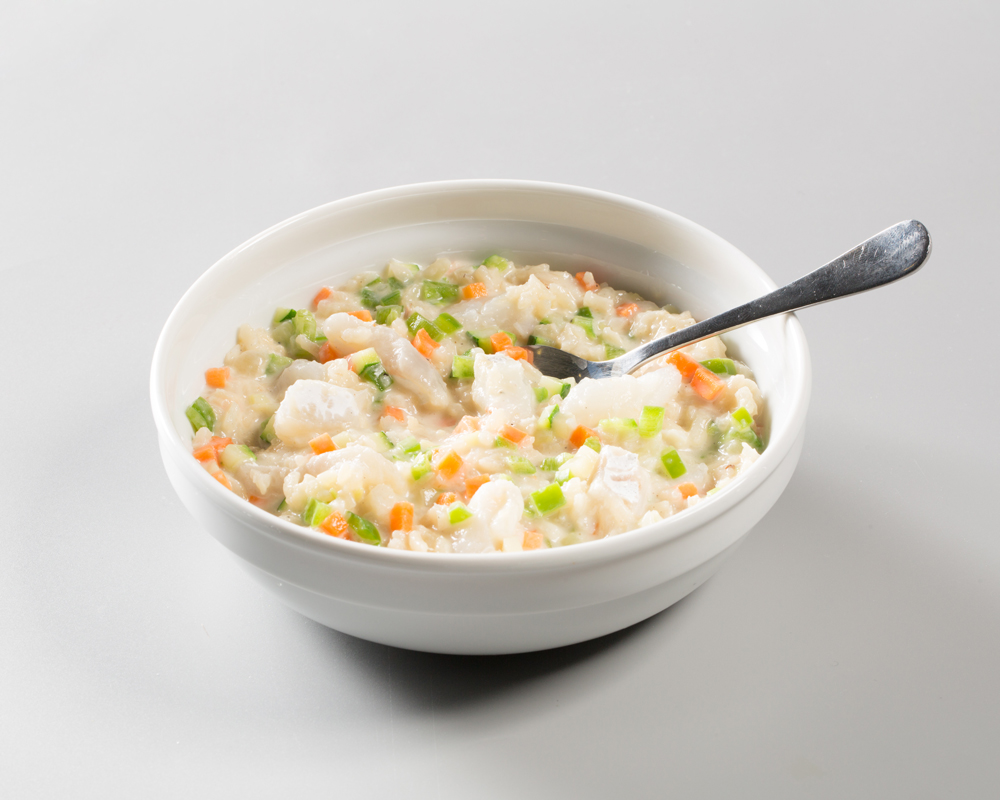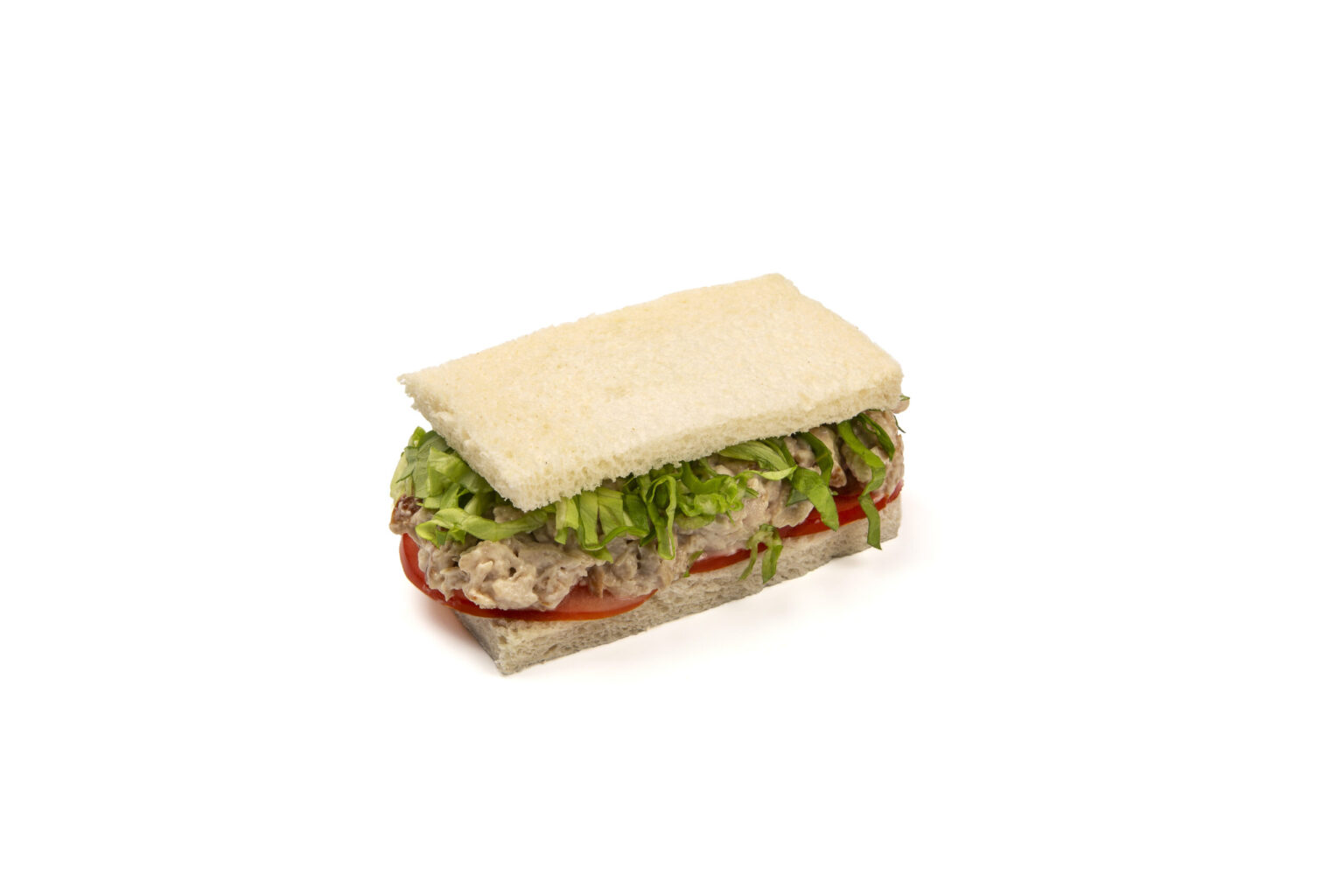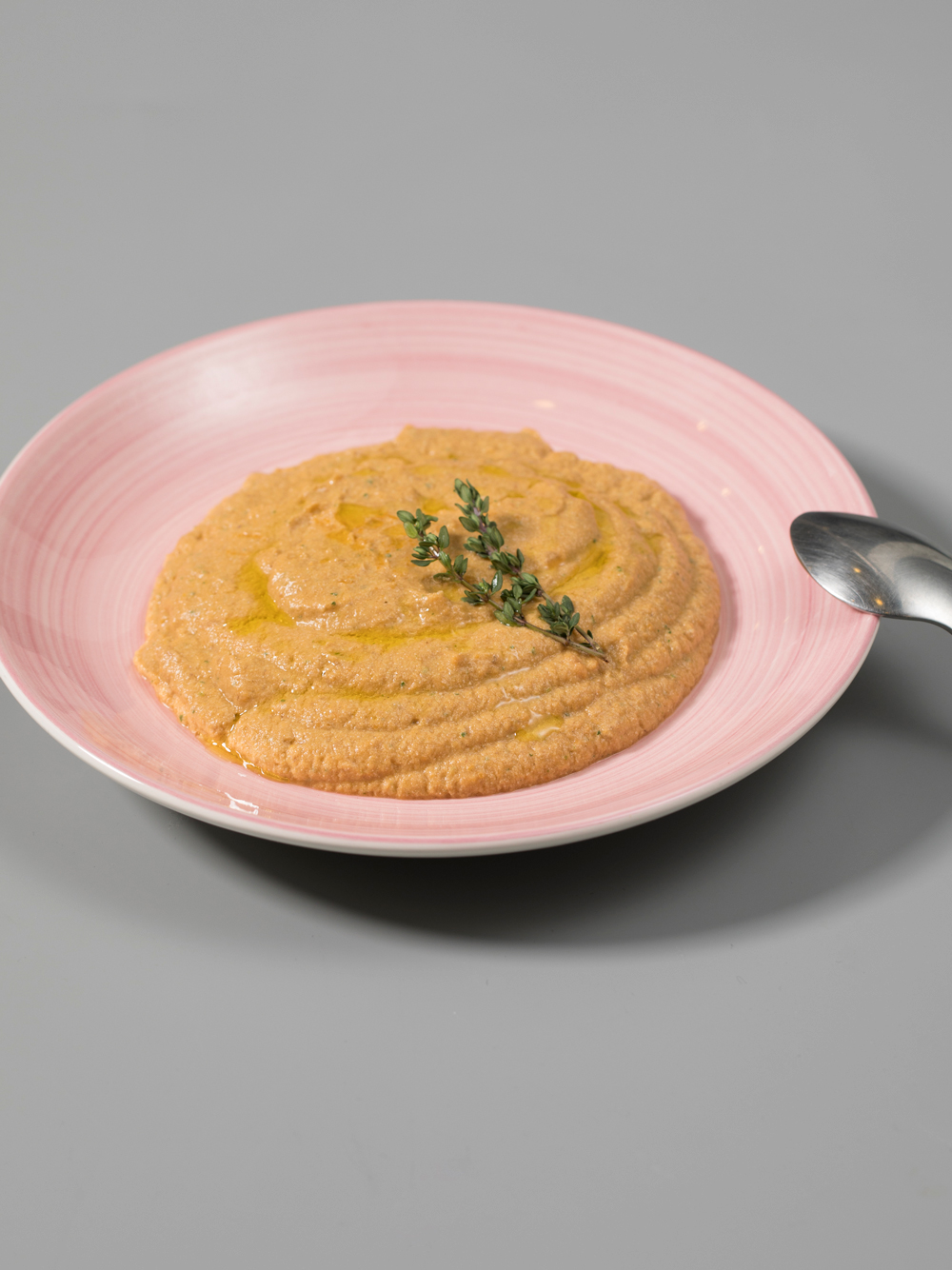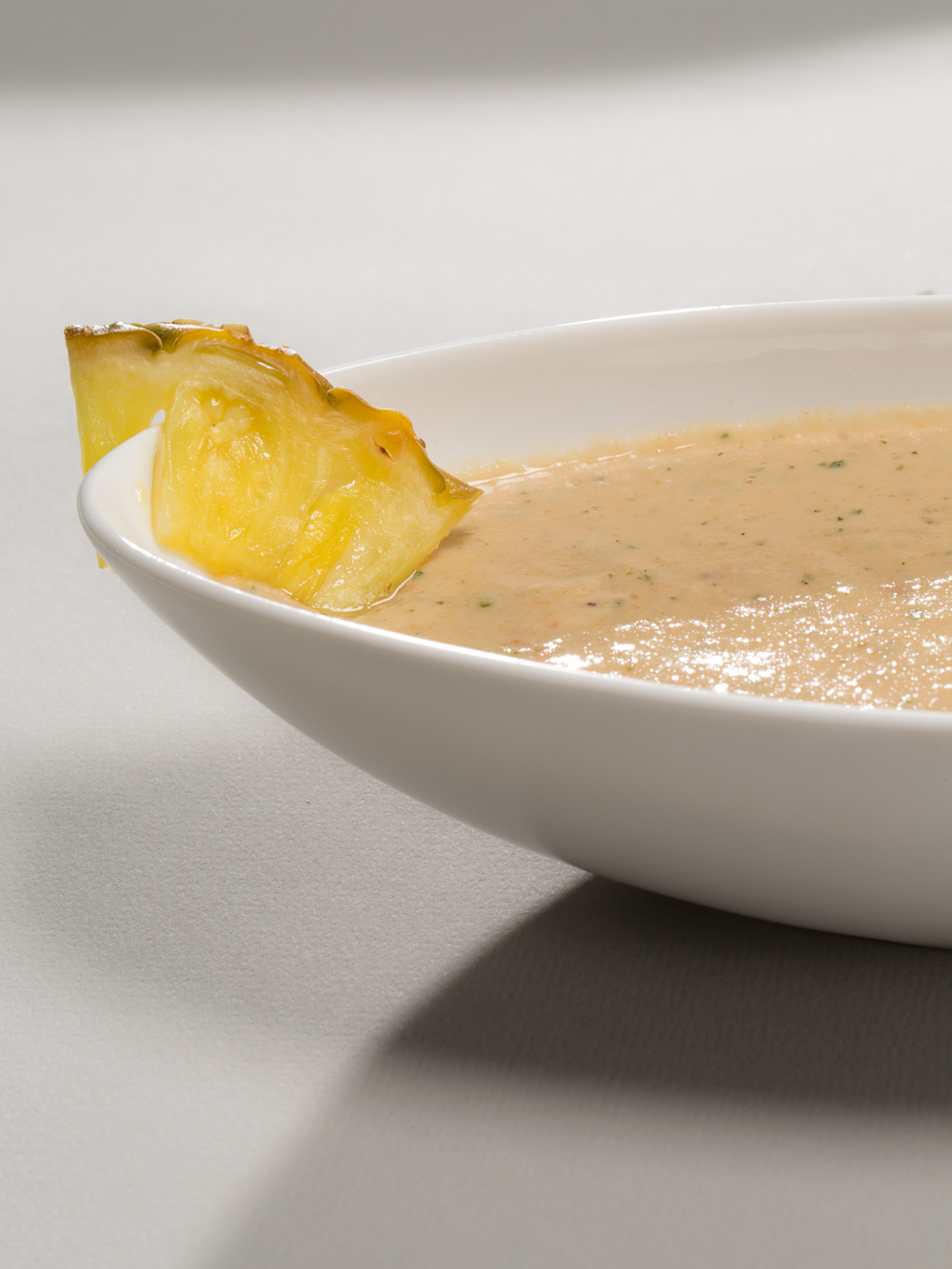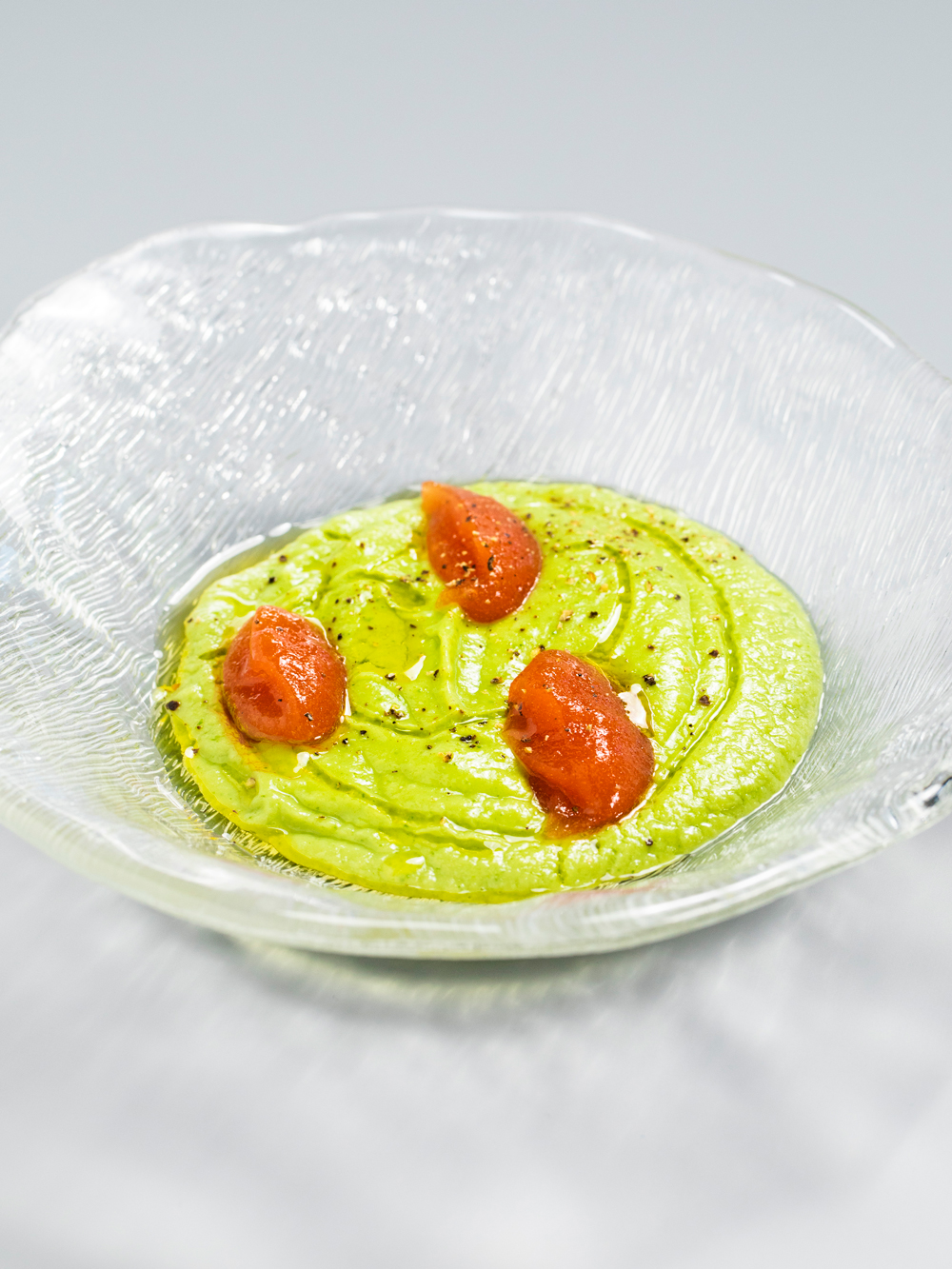Mucositis is defined as the inflammation of the mucosa of the mouth and/or throat and the appearance of sores, usually as a reaction to some cancer treatments. This symptom can appear at different stages of treatment and in different degrees, causing pain and discomfort when eating. It is generally recommended that patients modify the texture of food and other preparations.
WHAT DO WE RECOMMEND?
To avoid irritation and discomfort, use non-irritating toothpaste and soft toothbrushes and dental floss. Rinse your mouth with mouthwash.
Mucositis is not conditioned by daily hygienic measures (mouthwashes), but these can help to alleviate discomfort.
Choose small-volume meals and foods with high nutritional value. Try to maintain intake and remember the importance of ensuring a complete and adequate diet.
- Alcoholic beverages, coffee, carbonated drinks and other acidic or irritating soft drinks (cola drinks).
- Acidic foods (tomato, raw pepper, kiwi, lemon, orange, strawberry, tangerine, mango, pineapple, vinegar, pickles…).
- Very spicy, seasoned, or salty foods.
- Dry or hard foods (crusty bread, toasted bread, crackers, breadsticks, nuts, dried fruit, dry biscuits, chips, dry or very mature cheeses and battered or gratin cooking methods).
- Sticky foods (such as mashed potatoes, croquettes, bananas, chocolate, etc.).
- Fibrous foods, such as some grilled meats, and wild asparagus.
Drink around two litres of water, herbal teas, non-acidic fruit juices, broths, jellies, ice lollies… If it is painful, take small sips throughout the day and use a straw to direct the liquids to the less painful areas.
Heat can further irritate the mucosa.
- When the mucositis is mild, eat soft textured or easy to chew foods (stews, soups, purées, caramel puddings, soft cheeses, ripe and sweet fruits, overcooked and brothy pasta and rice dishes, very tender fish, and meats). Cook foods until they are soft and garnish them with sauces, broths or juices, especially drier foods, to help swallowing. Cut ingredients into small pieces and chew slowly.
- In severe cases, it may be necessary to blend food to obtain an easy-to-swallow texture.
